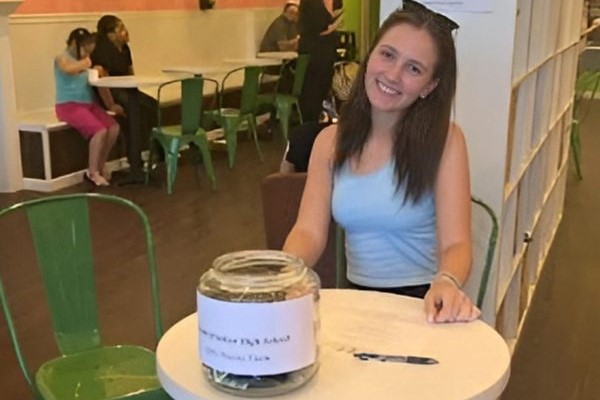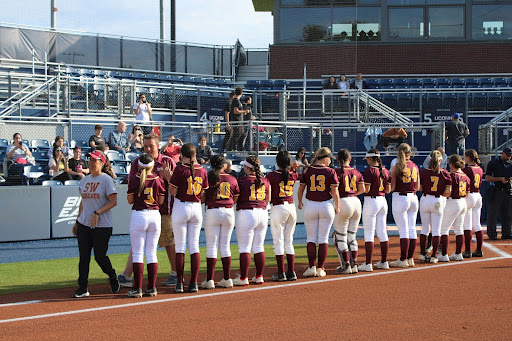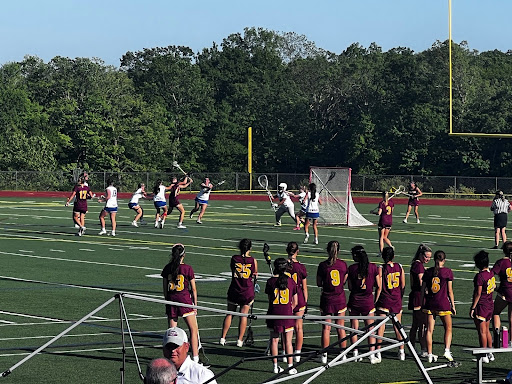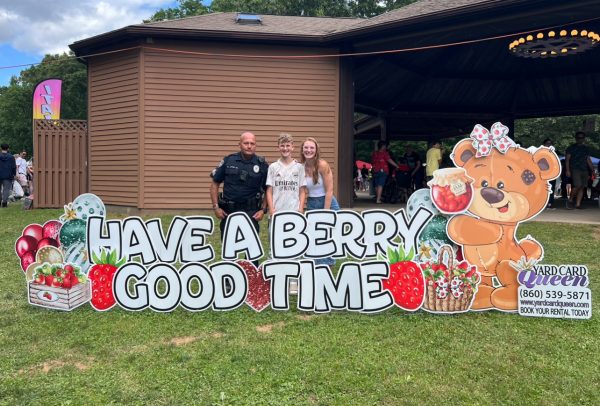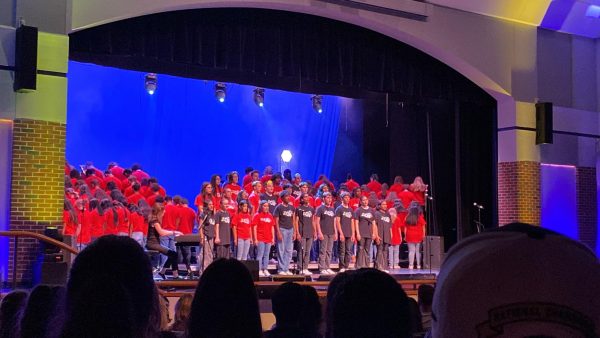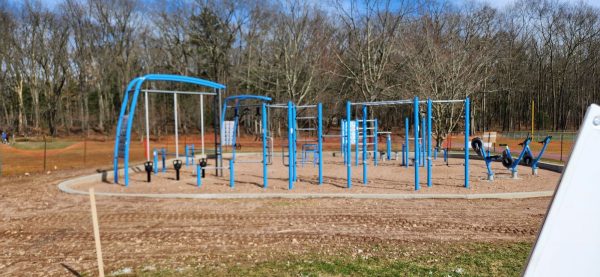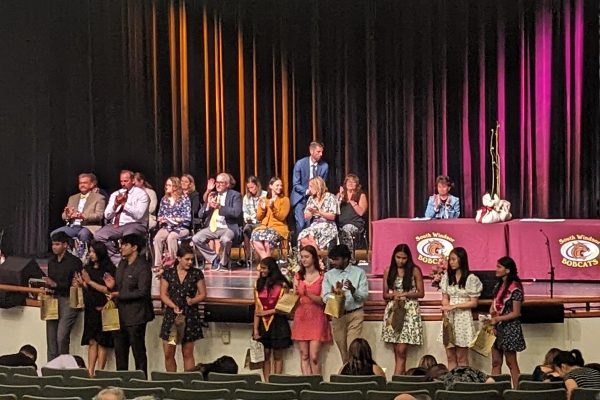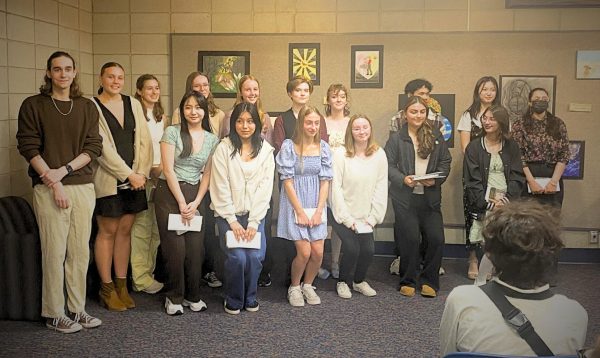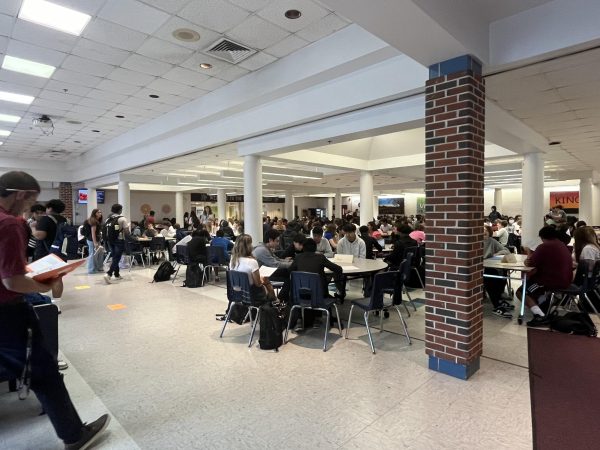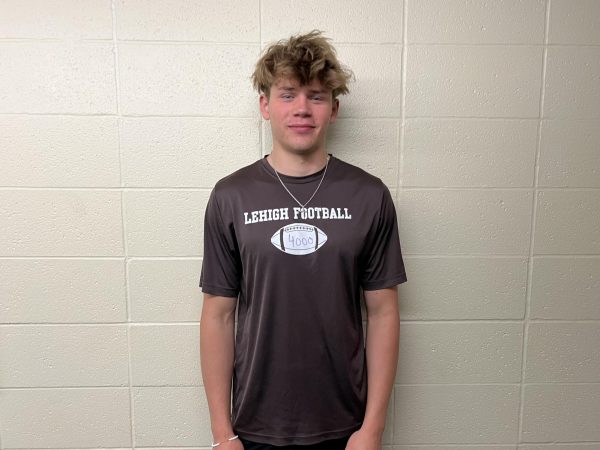Children in Tennessee Are Learning How to Reverse an Overdose as Epidemic Continues to Grow

Kids with their Narcan kits after a murder mystery game designed to teach them about opioid overdoses
March 1, 2020
Over 400,000 Americans have died from an opioid overdose, and Tennessee is cracking down on the epidemic. Due to the growing opioid epidemic in Tennessee, children as young as six years old are now learning how to administer Narcan. Narcan is a nasal spray that can prevent a drug overdose from becoming fatal. So far, 600 children have been trained to prevent overdoses through after school programs, babysitting classes, and vaping cessation courses.
For this group, the leading strategy for stemming addiction is an after school game that all little children can play. It’s a murder mystery game, where each child has to work together to solve the mystery. Little do they know, the culprit will be an overdose of heroin laced with fentanyl, which is often the catalyst of overdosage. The drug prevention educator that was running the game, Jilian Reece, explained to the kids what an overdose was, and that Narcan could help. She then showed the little kids how to administer it to a patient. At the end of the game, Reece passed out a blue bag with two doses of Narcan to take home. At least 100 kids had come back for more dosages after that.
The explanation for overdosing is simplified for children of a younger age. Sherry Barnett, the region’s overdose specialist explains it to them as if the person that overdosed has fallen asleep and will stop breathing if the Narcan is not administered. Adolescents however, are not only given a more detailed explanation on what opioids can do to a person, but also are put through a program that’s goal is to destigmatize drugs.
Many students are deeply affected by the program and the idea of overdosing on drugs, so the organization put together a youth board. It’s made up of 35 kids, with ages that range from fourth grade to high school. The youth board has been hard at work coming up with ways to reach their peers and better their lives. Things like a library equipped with mental health resources and information to help kids better understand mental illness like depression, and babysitting classes are all ideas that the group has come up with.
There are many controversies regarding this program. Many people agree that kids shouldn’t be thinking about this kind of stuff. Some schools do not allow this program to be taught to children. “A lot of schools don’t like to admit that drugs are a problem” Sherry Barnett said.
To get around these restrictions, Barnett and others have taught and provided Narcan at community events such as high school sports games, or even at a local McDonald’s or the classroom of a supporting teacher. Reece agrees that because these schools deny the access to Narcan, there’s all the more reason to give it out. She says that “I’d rather a kid should go through the trauma of giving Narcan than see their parent die”.



